Buying A Refurbished Computer: Are The Cost Savings Worth the Risk?
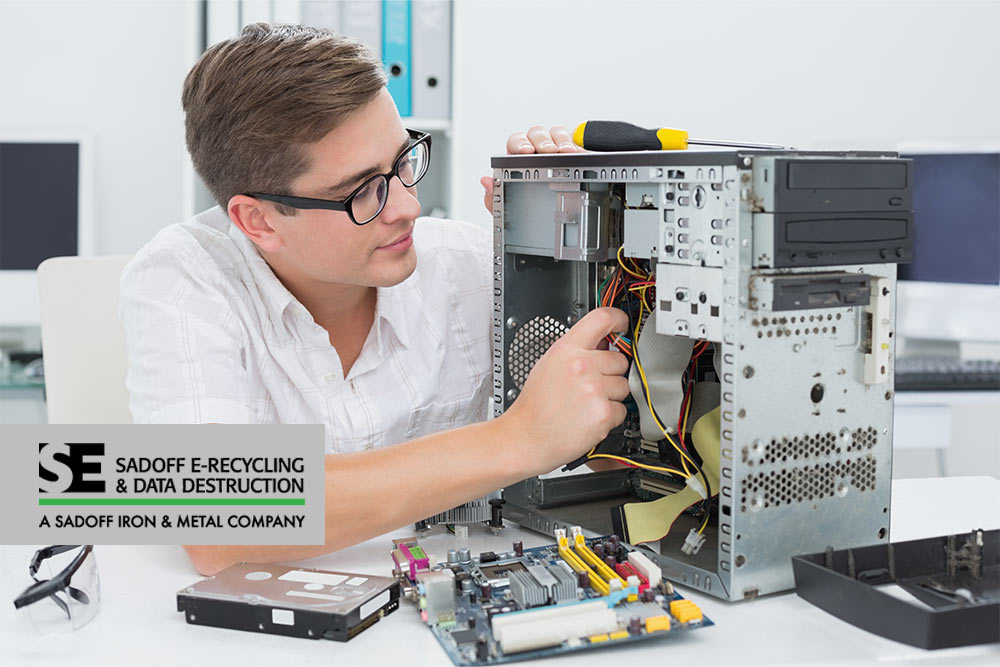 30
30 Aug
Your computer is a few years old and isn’t performing as well as it once did. The same is true with every computer in your organization. As you stare at your screen, you realize that it’s time to replace this outdated technology. With the available options, including new, used, and refurbished computers, each has its unique pros and cons.
Researching all the available options can quickly become overwhelming—you know your current computer technically still works. However, you need a higher-performance system to better manage day-to-day tasks.
Deciding between new, used, and refurbished computers can be challenging, but ultimately it comes down to balancing the cost, features, and dependability. We’ll help determine the ideal solution when replacing a computer.
Pros and Cons of a New Computer
With new computers, sometimes the features and benefits are worth the initial investment. More importantly, it’s understanding the differences between new, used, and refurbished computers so you can ultimately make the best decision.
Pros
- Warranty/Return Policy – With any new product, there will be a warranty and return policy included with the purchase.
- Battery Life – New battery technology is being developed every day, so battery capacity, size, weight, and life expectancy continue to improve.
- New Software/Security – Especially with today’s amount of cyberattacks, network and data security measures are made a priority in newer technologies. With outdated tech, sometimes a computer can no longer support the latest software, so security can be compromised.
- Latest-Generation Technology – Technology is always improving, and sometimes you need to experience these new innovations yourself to appreciate their value.
Cons
- Expensive – An increased expense doesn’t always translate into increased value.
- Less Sustainable – When you combine all the materials, resources, and manpower needed to create a brand new product, there’s a lot of consumed time and energy involved throughout the process. Buying a used or refurbished computer provides a more sustainable future in reusing products already in existence.
Pros and Cons of a Used Computer
A used item is a pre-owned product typically sold directly from the previous owner without any inspections or review prior to resale. Purchasing a used computer might save money, but you’re also taking a big risk on unidentified issues.
Pros
- Reusability If we continue this path to reusing technology products, then we can decrease the amount of e-waste ending up in landfills. With used computers, we extend the life of a product instead of purchasing one that’s been made from new materials.
Cons
- Additional Costs – With the current lifespan of desktop computers and laptops being three to eight years, most companies and consumers need to replace or refresh their technology on a regular basis. With used computers, their remaining lifespan doesn’t provide much value for the amount of money you’ll spend on it.
- Warranty/Return Policy – Most used computers do not come with a warranty or return policy like new or refurbished computers offer.
- Battery Life – If the computer model is a few years old, the battery life will naturally weaken.
- Unknown History – Without an in-depth process to evaluate, clean up, and repair a used computer, the buyer is more at risk to experience issues ranging from hard drive failure to an unsightly overall appearance.
Pros and Cons of a Refurbished Computer
A refurbished item is a pre-owned product that’s been evaluated, cleaned, repaired, upgraded (in some cases), and then resold. For computers and mobile devices, these products also have their data wiped and drives restored to the factory settings.
From the reusability of existing technology to an in-depth review and analysis of the computer, a refurbished computer may be the ideal solution.
Pros
- Cost Savings – Refurbished computers are significantly less expensive than new computers, and those savings add up quickly. Per Overstock, refurbished laptops are often discounted by 10 to 25 percent or more from the original laptop computer retail price. Purchasing refurbished computers provides a feasible alternative to upgrading to new technology.
- Certified for Resale – Refurbished computers go through a rigorous process to become available for resale. For example, when searching for refurbished computers, remember that laptop batteries lose their ability to hold a full charge over time. In the refurbishment process, batteries are tested and replaced as necessary.
- Reusing Materials – Refurbished computers provide reassurance and peace of mind to helping protect the environment. Repairing and improving a computer’s features and functionalities can make it reusable.
- Latest-Generation Technology – Refurbished computers allow you to test latest-generation features without having to pay a higher price for a brand new system. For future purchases, consumers can better understand which features are important to them.
Cons
- Warranty/Return Policy – Sometimes refurbished computers do not come with a warranty or return policy. However, because of the thorough review process, many times, refurbished computers include that additional benefit. Always check to see if it’s included to protect yourself from any unforeseeable issues.
- New Software/Security – A two-year-old refurbished computer will more than likely be able to perform like a newer computer. However, as the years pass, it may not be able to run newer software programs or improved security systems.
Secure and Responsible Resale
Refurbished computers—and other technology—provide an array of benefits for companies and consumers. Like any other costly purchase, take the time to research the product, the manufacturer, and how it has been refurbished for reuse.
When desktop computers, laptops, and most electronic devices start to slow down and become obsolete, Sadoff can help you get the most return on investment. Also referred to as IT Asset Remarketing, ITAD professionals assess the value and condition of your equipment to determine the appropriate next steps. They evaluate the device(s) and offer a price based on the condition of the equipment, make, model, configuration, memory, and current market value of the device or its materials and components.
Whether we’ll refurbish or revaluate, recover parts for reuse, or responsibly recycle electronics, we can help you determine the best answer for your computer needs. Contact Sadoff today for all your e-recycling and refurbishment solutions.
Tags: cyber security, data security, it asset remarketing, refurbished electronicsCategorized in: IT Equipment, Sustainability



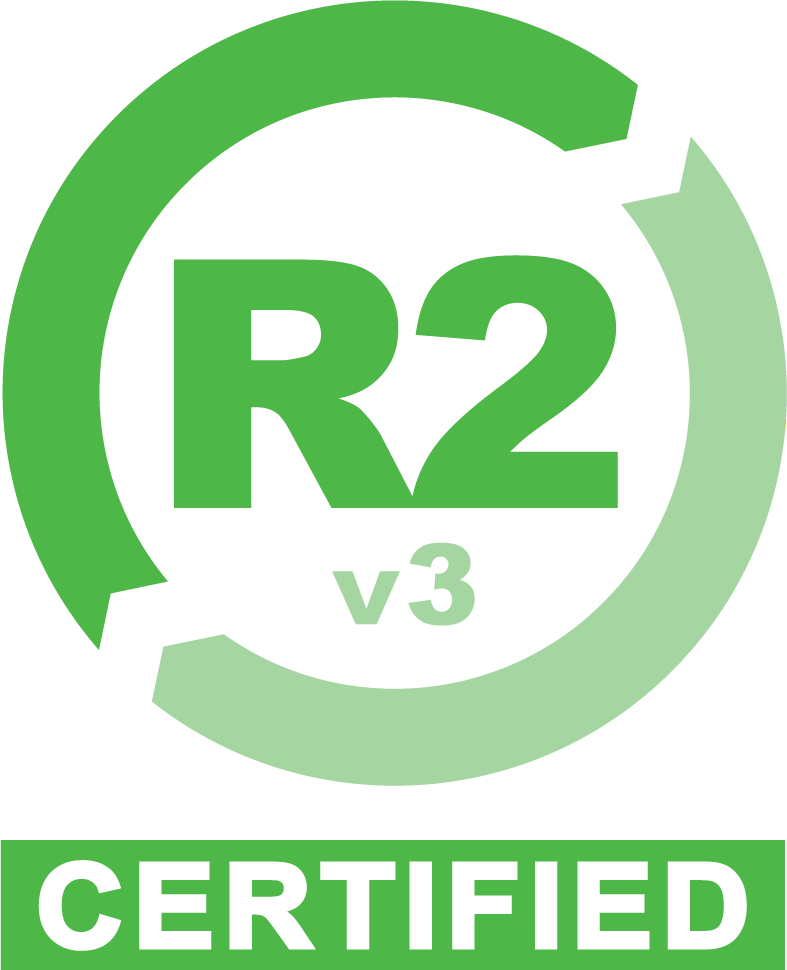
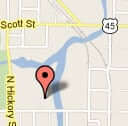 Google map directions
Google map directions
 Google map directions
Google map directions
 Google map directions
Google map directions
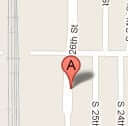 Google map directions
Google map directions
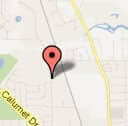 Google map directions
Google map directions
 Google map directions
Google map directions
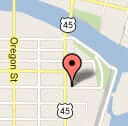 Google map directions
Google map directions